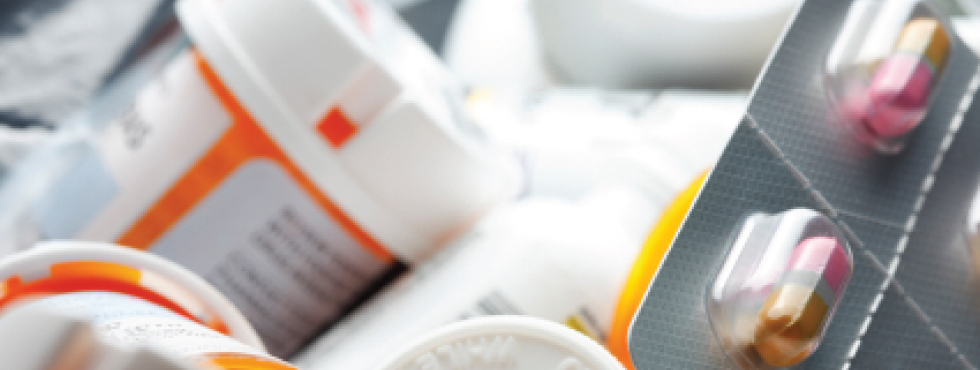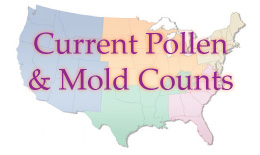Drug Allergies
Reactions to medications are common, sometimes resulting in skin rashes, swelling, respiratory problems or itching. All people respond differently to medications. However, only about 5% to 10% of these reactions are due to an allergy to the medication.
An allergic reaction occurs when the immune system overreacts to a harmless substance, in this case a medication, which triggers an allergic reaction. Sensitivities to drugs may produce similar symptoms, but do not involve the immune system.
Diagnosis
To help diagnose your possible drug allergy at your appointment, Dr. Fleekop will want to know when the symptoms began, a description of the symptoms, their duration, a list of other medications you take as well as your history of reactions to other medications.
Treatment and Management
If you have side effects that concern you, or you suspect a drug allergy has occurred, call our Willow Grove office. If your symptoms are severe, seek medical help immediately. A serious anaphylactic reaction requires immediate medical attention because the result can be fatal.
In most cases of adverse reactions, your physician can prescribe an alternative medication. For serious reactions, your doctor may provide antihistamines, corticosteroids or epinephrine.
When no alternative is available and the medication is essential, a desensitization procedure to the medication may be recommended. This involves gradually introducing the medication in small doses until the therapeutic dose is achieved.

